Photo provided by Jacob Tingle
As most Trinity students woke up Dec. 26 looking forward to the new year, 18 students were busy boarding planes to London to get a jump-start on the spring semester through the Sport in London study abroad program, a course that begins with a two-week trip to London during winter break.
Sport in London is not just a study abroad opportunity. It is also a sport management course and fulfills the Global Awareness Pathways requirement. Director of Experiential Learning Jacob Tingle and head coach of Men’s Soccer Paul McGinlay teach the class together.
Unlike many of Trinity’s study abroad programs, which take place during the semester or over the summer break, Sport in England’s timing works for many student-athletes’ schedules — except for swimming, diving and basketball, whose seasons extend over the winter break. According to junior softball player Gina Monaco, the trip’s timing was one of the main reasons she enrolled in the course.
“So first off, the timing of it was perfect for it to be over Christmas break, because being a student-athlete, we really can’t do fall or spring semesters,” Monaco said. “I mean, you can get one over the summer, but there [are] only specific ones to choose from. So, it being a sport management class — I’m a sport management minor — is just absolutely perfect,” Monaco said.
The goal of the course, both during the trip itself and during the semester, is to allow students to develop an understanding of the intersections between sports and culture, economics, politics and social forces in England, as well as how the British sport landscape compares with sports in the U.S.
According to Tingle, who first conceptualized the Sport in England course, the students’ ability to connect and apply what they learn from the program to sports in the U.S. largely comes from the foundation laid by prerequisite courses.
“The class has a prerequisite class — our Sport in Society class — which focuses on U.S. sports specifically. In that class, students read about and think about the intersection of sport with race and ethnicity, with gender and sexual orientation, with sport and schools, sport in the economy, sport in politics. So that’s really important foundation,” Tingle said.
The study abroad portion of the program focuses on providing students with experiences to enrich and expand students’ understandings of the topics covered by the curriculum. Some of these experiences include visits to multiple stadiums, including the All England Lawn Tennis and Croquet Club, where Wimbledon is held, Wembley Stadium, Queen Elizabeth Olympic Park and the brand new Tottenham Hotspur stadium.
According to Monaco, to maximize learning on each visit, different groups would do informational presentations on the locations they visited.
“We each had a stadium or place that we’d present on before we visited it. One group had Olympic Park, which is where the Olympics were held, and they kind of gave us a three-part presentation: history, current and then how it related to our class specifically,” Monaco said. “It was cool because we’d get the history lesson, how it is now and how it relates and then we’d go see it in person.”
Another key element to the trip was guest lectures. Students received guest lectures on a variety of subjects, from sport management to intercultural communication, including lectures from the director of the Center for International Engagement Katsuo Nishikawa, who joined the class on the second week, and education professor Angela Breidenstein, who joined the class on the first week of the trip. According to Tingle, the guest lecturers are chosen for their ability to connect sports to culture, economics and the other key elements the course covers.
“We have people who work in sport media, so they can talk to us about what sport media is like from their experience and perspective, we have faculty guest lectures about marketing in a uniquely British context [and] we have a guest lecturer that focuses on community sport, philanthropy and how sport teams in England use [and] operate social responsibility and how is that different than what sport teams do here,” Tingle said.
Two weeks is a short time to cover so many different topics. However, according to senior baseball player Will Insull, who went to London, the program successfully managed to discuss culture, economics and politics in the context of British sports while in England.
“Organically, over the course of two weeks, I would say that everything was included in what we did somehow or we learned about it in some capacity,” Insull said.
Back at Trinity for the spring semester armed with a greater firsthand understanding of English sports and culture, students enrolled in the course will have a more natural time-frame to delve deeper into what they saw in England and connect it to their classwork, according to Tingle.
“The magic for me is the three months back on campus where students get to start to make sense of their experiences, process what they did, and also we do a lot of academic reading during the semester,” Tingle said. “So what’s great is they’re reading an article for next week about balloon payments in the English football league, it’s a pretty heavy economics article, but they’re going to read it having had a conversation with someone in England about the financial model of English football.”
Ultimately, Sport in London is a class about connections. After two weeks across the pond exploring the different aspects of English sport and culture, students enrolled in the course will continue to seek those connections throughout the spring term.

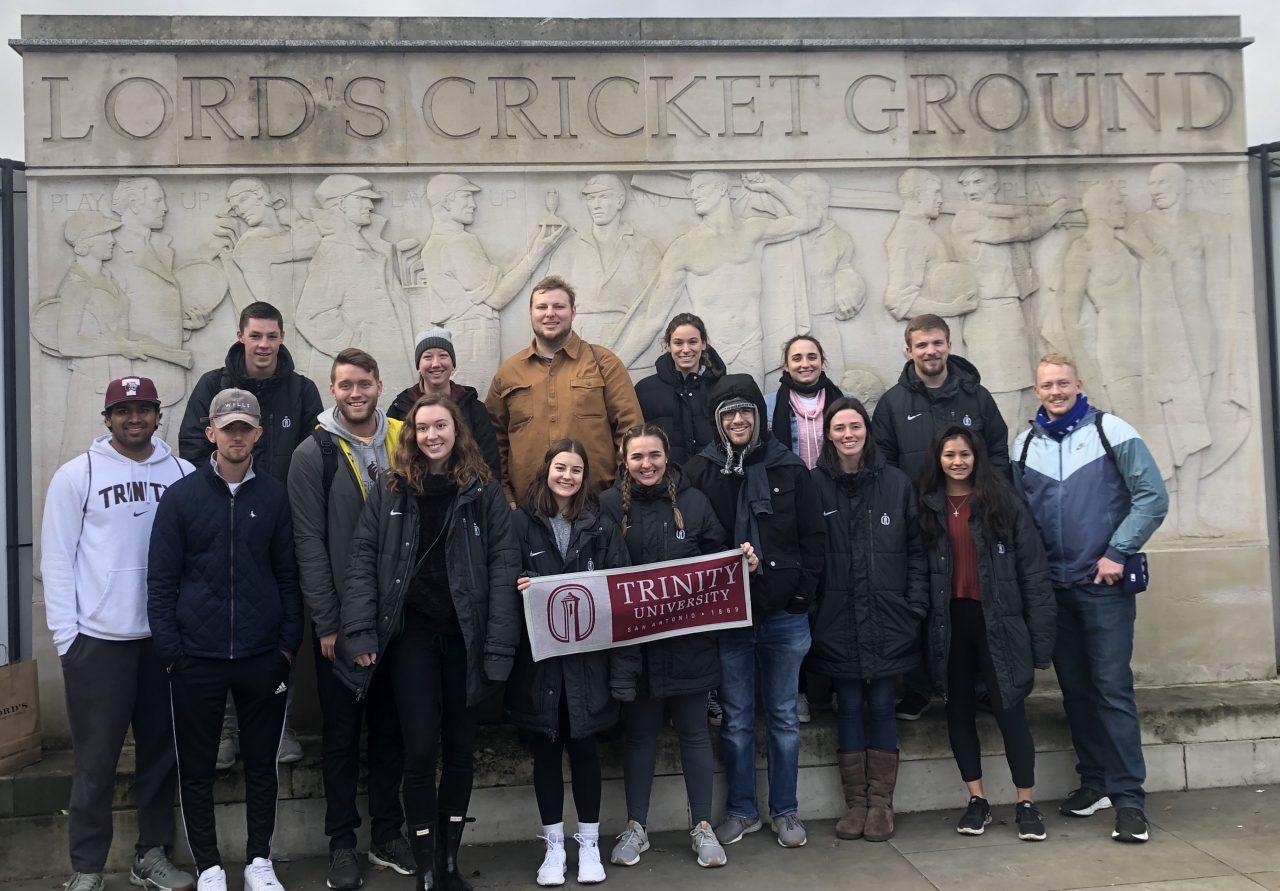
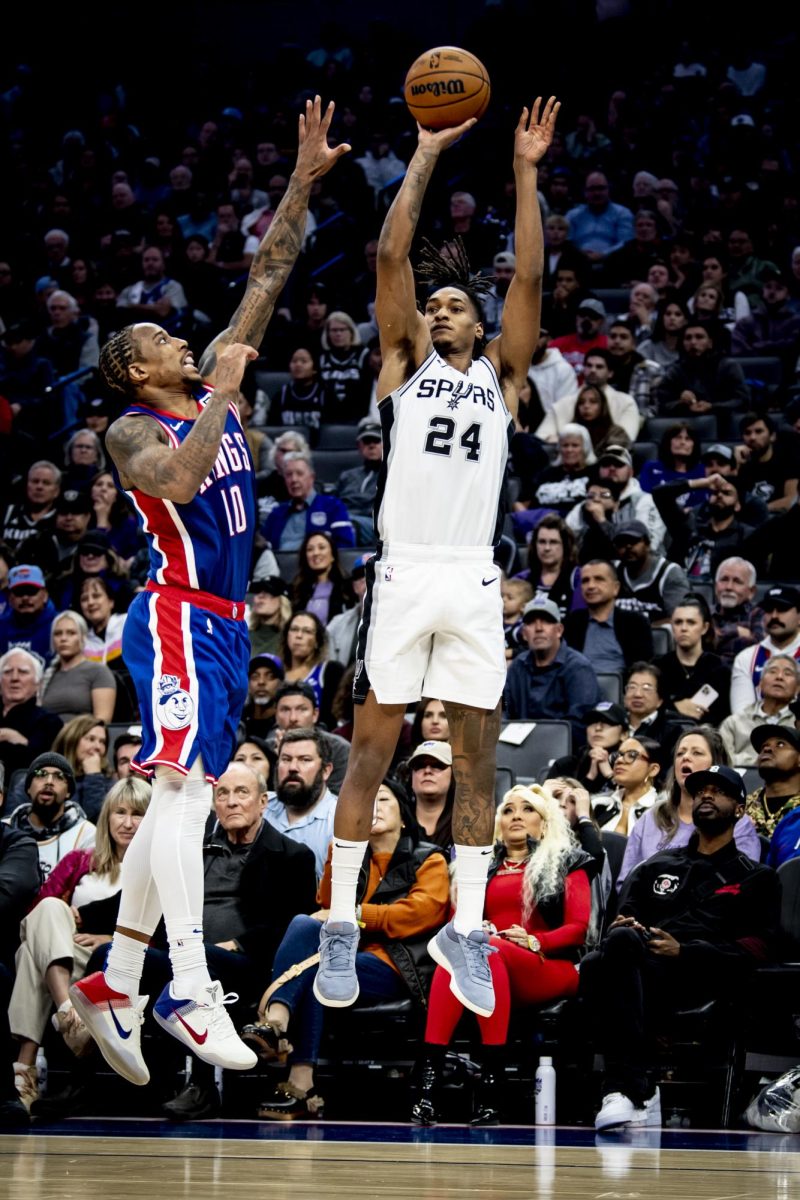
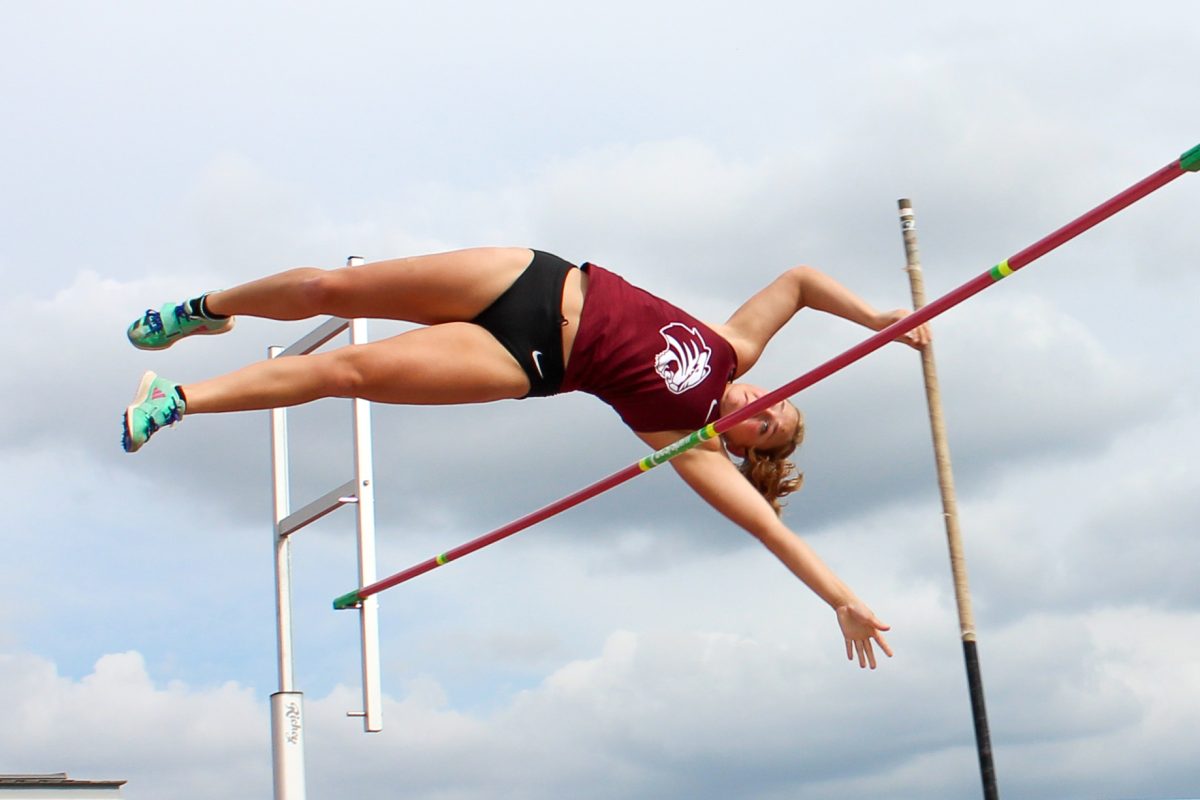
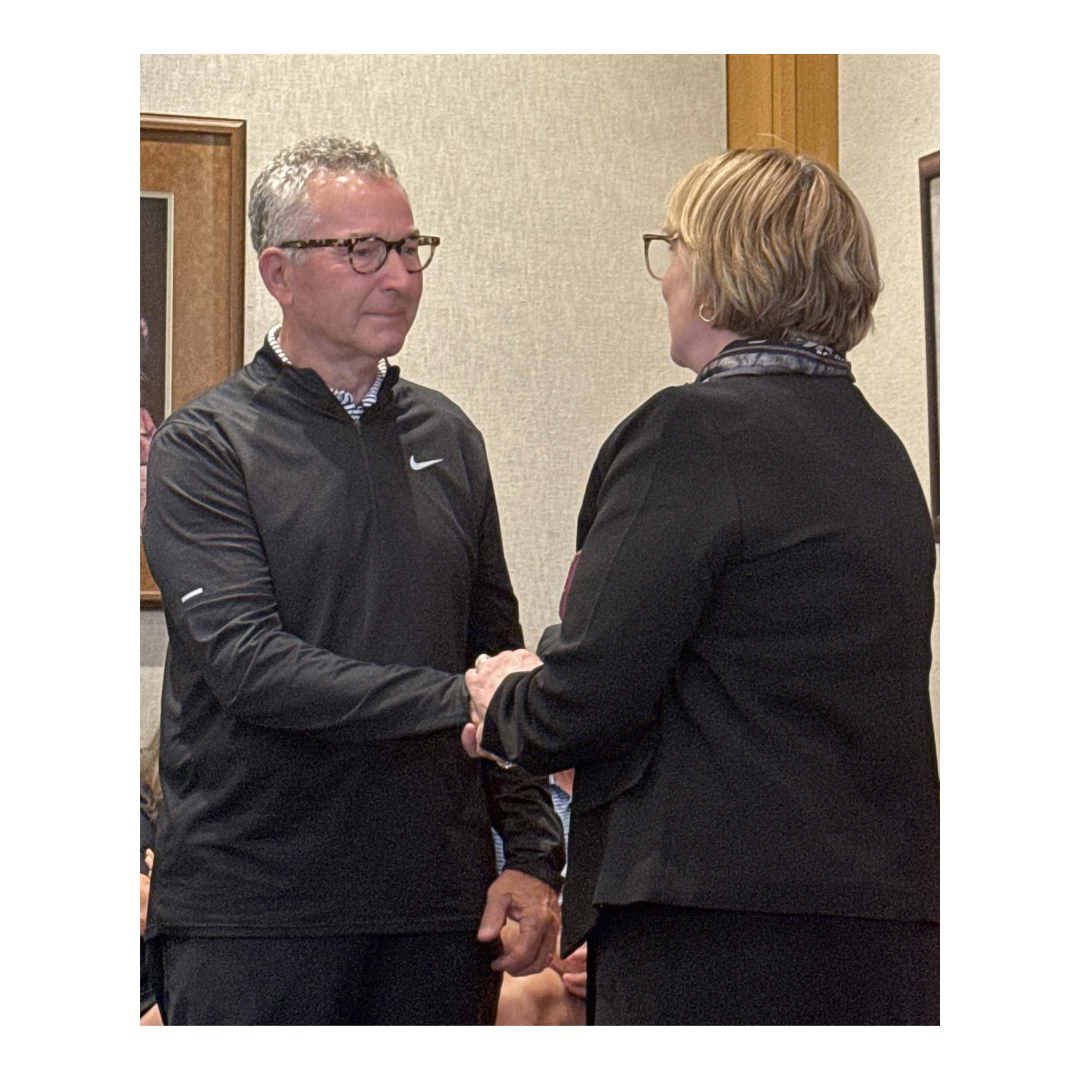
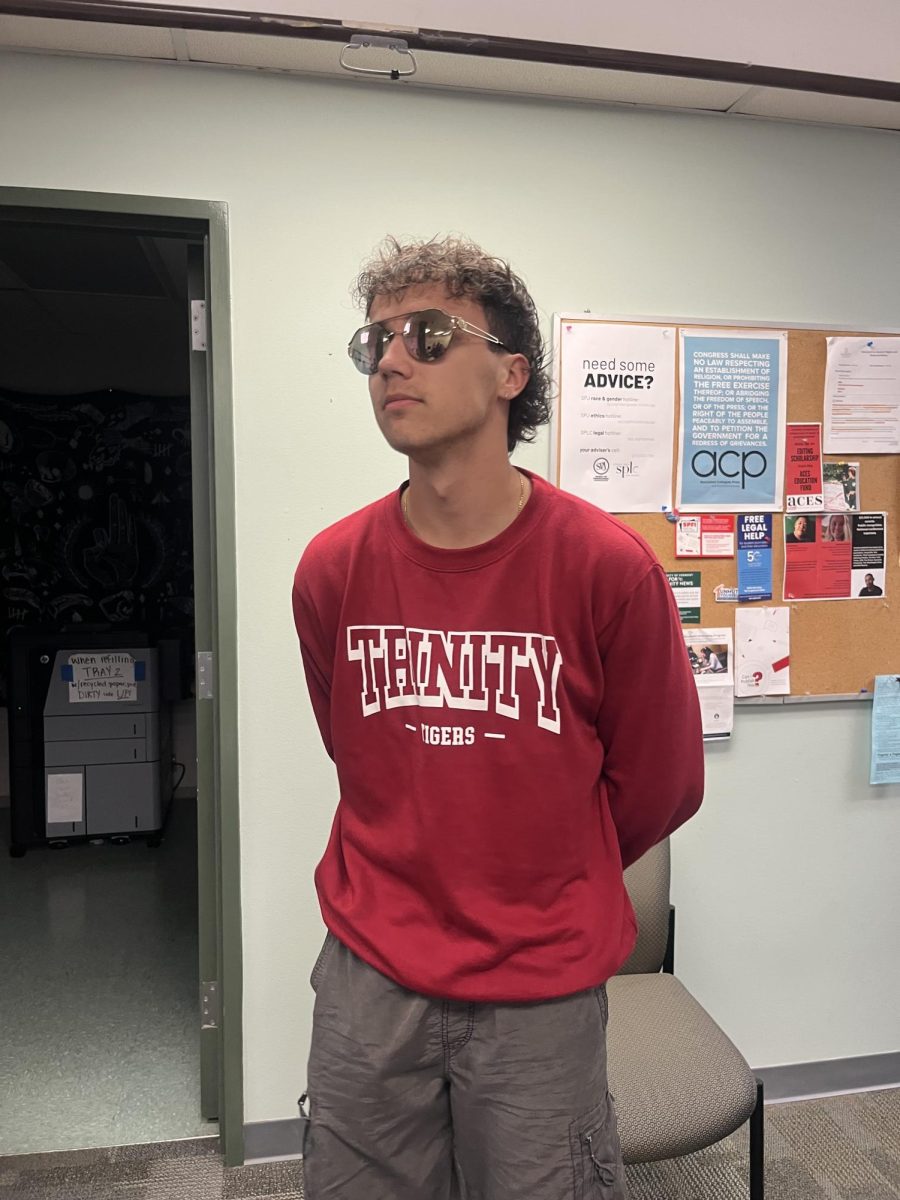
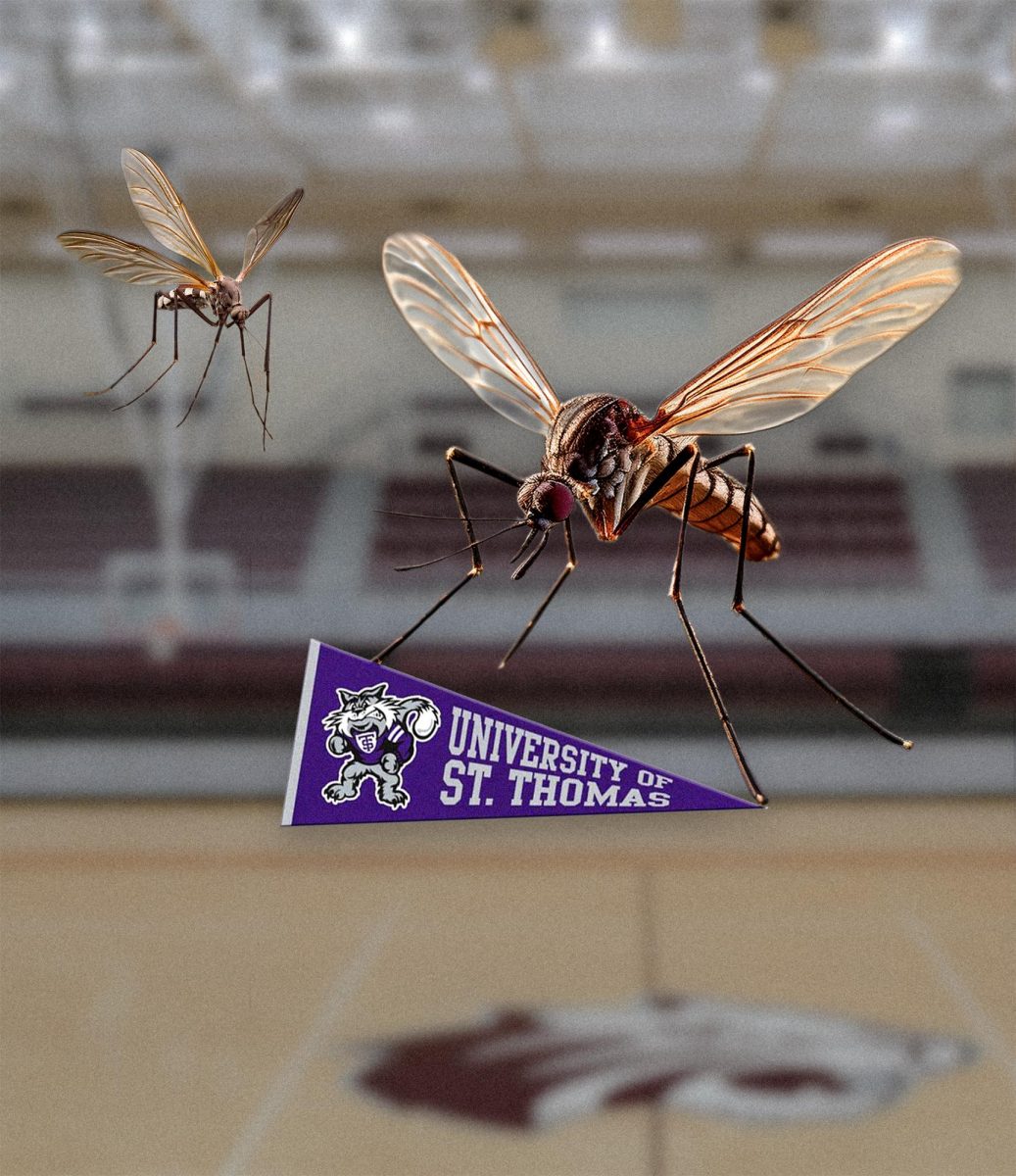
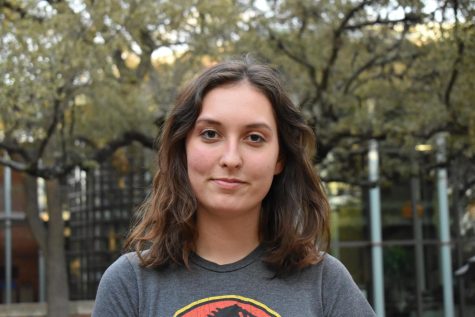
Jakob Wikenstaal • Feb 1, 2020 at 2:02 am
Happy to read about your perspectives and learnings!
Would be great to learn more and connect you with the European Association for Sport Management (easm.net)
Best,
Jakob